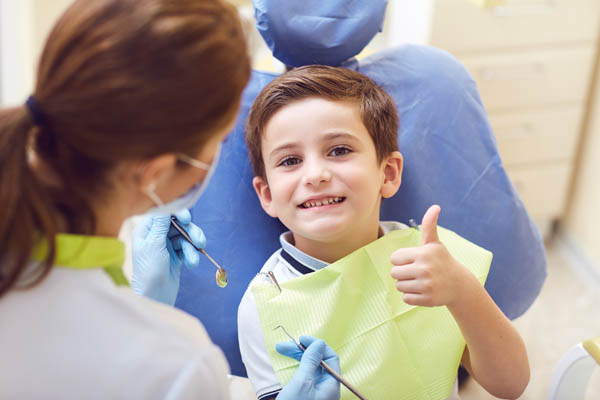Different Types of Teeth Explained

Many people do not put too much thought into their teeth, but the importance of them cannot be underestimated. From giving a great smile to chewing food, teeth perform such vital roles in the way people live.
Types of teeth
Teeth play an important part in our speech and also on our overall health. However, did you know that there are different types of teeth? There are four kinds, and each performs a slightly different function.
Incisors
The eight teeth in front are called the incisors. These teeth are used to bite into food. They have a narrow edge and are made for specifically for cutting purposes. They support your lips and assist in pronouncing words as you speak. They are usually the first teeth to erupt. Babies develop incisors at around six months in age. After the baby teeth fall out, the adult set replaces them at ages six to eight.
Premolars
Also called bicuspids, premolars chew and tear food. They have a flattened top and maintain the height of your face. There are eight in an adult’s mouth, four on top and four towards the bottom. The first premolar appears at age 10, with the second arriving a year later. They are the longest teeth with a pointed end, but they only have one implanted root. However, the maxillary first premolar does have two roots.
Molars
The most posterior teeth in the mouth are called molars. They have broader and flatter surfaces which makes them convenient for grinding food. There are 12 molars in the permanent dentition. They are named starting from the midline as the first, second and third molars. The third molars are often called wisdom teeth.
Canines
The next set of teeth are called canines. There are four in the oral cavity, two in the mandibular area, and two in the maxillary arch. While they are known as the sharpest teeth in your mouth, they are primarily used for ripping and tearing foods. They also help form the corners of your mouth. Characterized by a single pointed cusp and a single root, the canines are considered the longest of any tooth.
Supernumerary teeth
The normal tooth count is only 32, but more can appear. These are called supernumerary teeth. The most common is an extra incisor located between the two central incisors. The second most common is the paramolar, which is an extra molar tooth. It is also possible to have supernumerary canine teeth.
Overall, an adult has 32 teeth that include eight incisors, eight premolars, twelve molars, and four canines. Each of these teeth has its own function in the chewing process. You should have a full set in your teen years. However, not all people fully develop their wisdom teeth.
Taking care of your teeth
You only get two full sets of teeth twice in your lifetime. As a baby, you form 20 and as an adult, you have 32. It is important that you take good care of your teeth because they play important roles in the digestion process and speech formation. So, brush and floss carefully two times a day. Be sure to limit your sugar and carb intake. Sugars and carbs produce acids that result in cavities. If you want to prevent holes in your teeth, practice good dental health.
If you are still curious about the different types of teeth that are in your mouth, we'd be happy to help answer any questions or concerns that you might have. Our office is fully trained and welcomes you to learn more about your dental health.
For more information or to schedule an appointment with Joel Heller DMD, request an appointment in our Rockville Centre dental office here: https://familydentistli.com. Or call us at (516) 764-6339.
Recent Posts
For people hoping to enhance or restore their smile, there are many dental treatments available that can provide a total smile makeover. Misaligned, stained, or misshapen teeth can often be addressed using cosmetic dental solutions, giving an individual a new look and a smile to be proud of. Planning for a makeover requires focusing on…
A smile makeover is a combination of cosmetic and restorative dental procedures used to fix problems with the teeth and improve one's appearance. Though the main objective is to improve the appearance of the teeth, there are other advantages to getting a smile makeover.Numerous patients have found that a smile makeover has both expected and…
Regardless of what you do not like about your smile, we can fix it. Whether you have teeth that are severely stained, are discolored from years of smoking or drinking coffee, gaps between your teeth, or teeth that are missing or crooked, we have the treatment solutions to help. This is what makes us such…
All too often, people avoid seeing a cosmetic dentist out of fear treatment is not right for them, and understanding the services a cosmetic dentist can offer can help you determine whether you should consider a visit. Cosmetic dentists can help with most smile imperfections, including teeth stains, damaged teeth, missing teeth, and misalignments.Every experienced…


